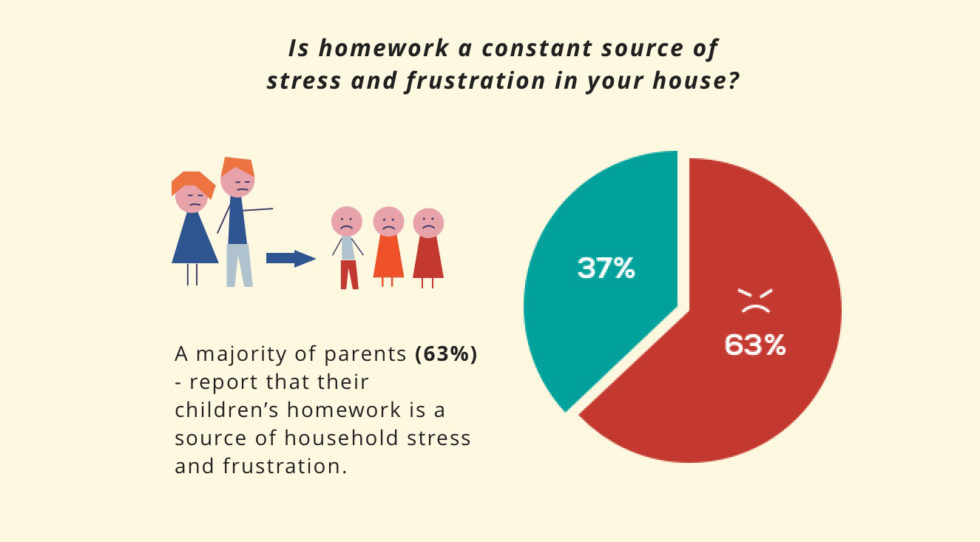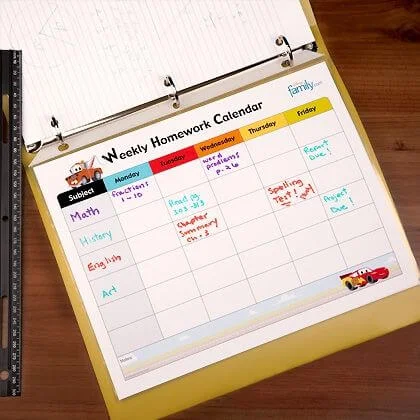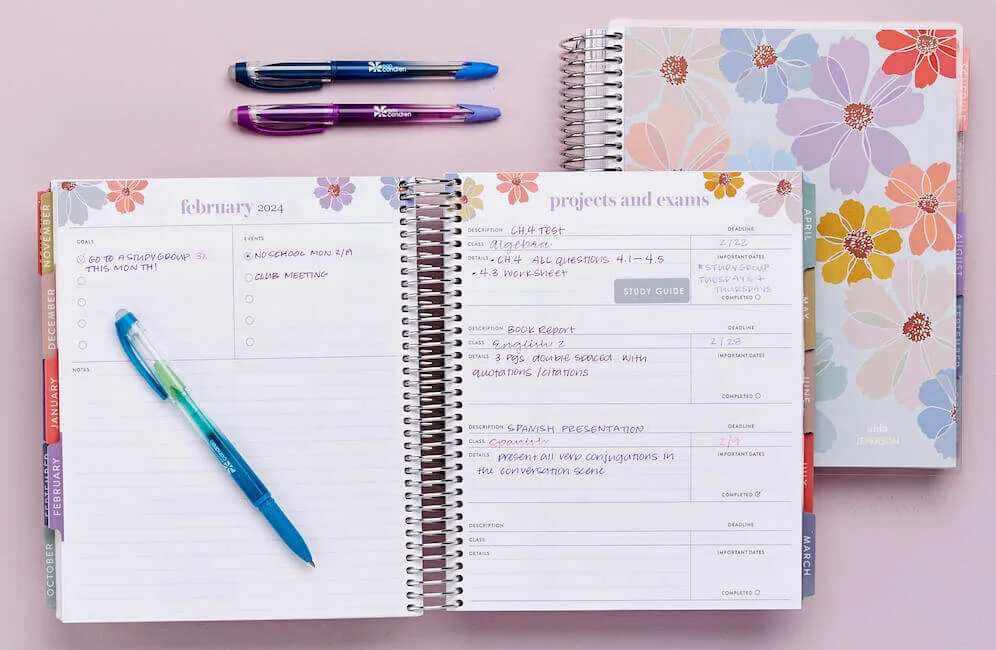Update: This article was last updated on 10th February 2024 to reflect the accuracy and up-to-date information on the page.

A Stanford Research survey revealed that 56% of students find homework a significant source of stress, while less than 1% did not perceive it as stressful. The survey findings clearly show that homework presents a challenge for children. Not just kids, but parents too find it to be stressful. According to a recent proprietary study by Narbis, 63% of parents find their children’s homework to be a cause of stress and frustration within their households.

Homework can often be a source of stress and frustration for both kids and their parents. However, with the right study strategies, homework can become more manageable and enjoyable. In this blog, Moonpreneur discusses some practical strategies for assisting both kids and their parents with the struggles of homework.
1. Start by Creating a Consistent Study Environment
Setting up a designated study area can significantly affect a child’s ability to focus and concentrate. Ensure the study environment is free from distractions, well-lit, and comfortable. A dedicated space helps signal the child that it’s time to focus on their homework.

2. Scheduling a Homework Routine

When it comes to homework, consistency is the key factor. Setting up a regular homework routine, such as doing homework at the same time each day, helps kids develop good study habits and reduces the likelihood of procrastination.
3. Breaking Tasks into Manageable Chunks
Large assignments can be overwhelming for kids. Teaching them to break tasks into smaller, more manageable chunks can make them less stressful and enjoyable. It will also give them a sense of accomplishment as each part is completed.

4. Prioritize and Plan

Teaching kids how to prioritize their homework assignments is very crucial. Encourage them to start with the most challenging or time-consuming tasks while they are still fresh and alert. Some children prefer completing the smaller tasks first and feel motivated as they complete each task. You can plan according to your child’s needs. However, creating a to-do list can help any child plan their study time effectively.
5. Use a Homework Planner
Homework planners are excellent tools for kids to keep track of assignments, due dates, and important events. Help them get into the habit of writing their assignments and checking them off when completed.

6. Minimize Distractions

Smart devices, TV, and social media have become major distractions during homework time. We only have a limited amount of time to accomplish our tasks; therefore, your firmness will help them to make the most of their available time and finish their homework on time. You must ensure that everything that may divert their attention while they are studying, such as cell phones, tabs, etc., is out of the way.
7. Take Short Breaks
Short, regular breaks can improve focus and prevent burnout. It is suggested that kids must take a 5-10 minute break for every 25-30 minutes of concentrated study. Apart from that, encourage your child to go outdoors and play for at least an hour daily; this helps them easily balance stress and fun.

8. Promoting them to Seek Help When Needed

If a child is consistently struggling with a specific subject or concept, encourage them not to hesitate to seek additional help. Be it from a teacher, tutor, educational resources, or parents. It’s important to address difficulties early to prevent frustration from building up.
9. Reward their Efforts and Achievements
Celebrate your child’s hard work and accomplishments, no matter how small. Positive reinforcement can motivate them to continue putting in effort and taking pride in their work.

10. Be Patient and Supportive

Remember that every child is unique and may have different learning styles and paces. Be patient and supportive throughout their academic journey, offering encouragement and understanding when they face homework hassles.
Conclusion
Following these effective study strategies into your child’s routine can help them manage their homework more efficiently and develop valuable life skills that will serve them well in their academic endeavors and beyond.
Moonpreneur is on a mission to disrupt traditional education and future-proof the next generation with holistic learning solutions. Its Innovator Program is building tomorrow’s workforce by training students in AI/ML, Robotics, Coding, IoT, and Apps, enabling entrepreneurship through experiential learning.

























When I have schoolwork to accomplish, how do I deal with my irritation or meltdowns?
Promote open communication, impart coping skills for handling irritation, and exercise patience while offering help when it’s required.
How can I encourage my kid to finish their schoolwork on their own?
Encourage accountability by establishing reasonable expectations, providing encouragement, and giving students freedom to choose how they want to approach their studies.
Do pauses during homework help or hinder the completion of tasks?
Tiny pauses can improve concentration and stave off burnout. Encourage taking short pauses for rest or physical activity to keep the momentum going.